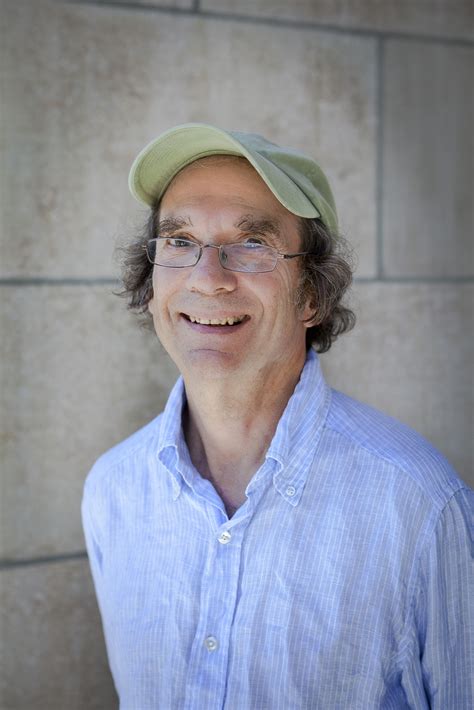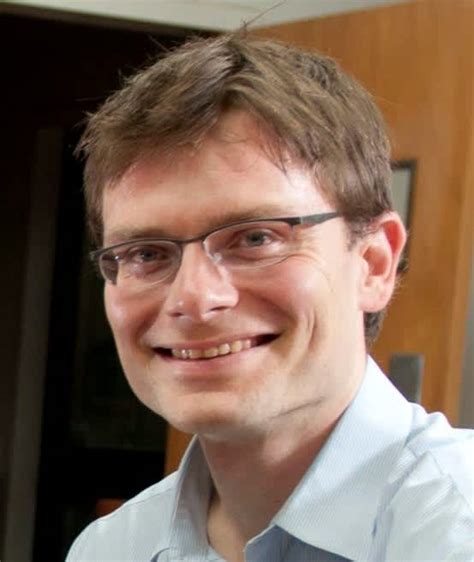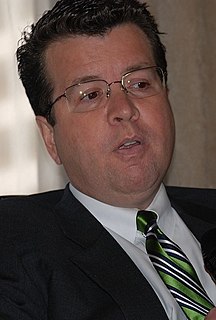A Quote by Thomas Malthus
Nature herself in times of great poverty or bad climatic conditions, as well as poor harvest, intervenes to restrict the increase of population of certain countries or races; this, to be sure, by a method as wise as it is ruthless.
Related Quotes
The poor, no less than the rich, stay tuned in to the Dream Machine in bad times as well as good....By 1995, millions of the poor were left without housing, medical care; jobs, or educational opportunity; six million children-one of every four kids under 6 years of age in America-were officially poor. Mired in Third-World conditions of poverty while video-bombarded with First-World dreams, rarely has a population suffered a greater gap between socially cultivated appetites and socially available opportunities.
Too often the media assumes that "poverty" is an African American or a Latino issue. Of course, that's nonsense. While a higher percentage of the African American and Latino population does live in poverty as compared to the white population, when overall numbers are looked at, it is clear that people of all races, ethnicities, and colors, are represented amongst America's poor.
The great question for our time is, how to make sure that the continuing scientific revolution brings benefits to everybody rather than widening the gap between rich and poor. To lift up poor countries, and poor people in rich countries, from poverty, to give them a chance of a decent life, technology is not enough. Technology must be guided and driven by ethics if it is to do more than provide new toys for the rich.
The U.S. and, to a certain extent, countries in Europe as well, have experienced growing inequality within their population for decades - a small group of people own the lion's share of the wealth. Populists take advantage of this, and their policies are extremely hard to predict. And this has serious consequences. Companies shy away from risk, postponing their investment decisions in times of uncertainty, the stock markets get nervous and unemployment threatens to increase.
Venezuela, Bolivia and Ecuador lived through times of cruel and ruthless capitalism where the workers, the masses of the population, saw themselves living in a precarious state of employment and subsistence conditions. The impact of this reality took hold and impacted the evolution of the social situation of those countries and even though that produced movements that were not exactly political movements but social movements.
Florence Nightingale was an amazing figure. She created the American Red Cross. She saw the suffering from bad health conditions on the battlefield and in the military hospitals, and she fought like crazy to change the conditions; to make sure that the doctors washed their hands and practiced sanitary measures. She put herself at great risks.
A considerable proportion of the developed world's prosperity rests on paying the lowest possible prices for the poor countries' primary products and on exporting high-cost capital and finished goods to those countries. Continuation of this kind of prosperity requires continuation of the relative gap between developed and underdeveloped countries - it means keeping poor people poor. Increasingly, the impoverished masses are understanding that the prosperity of the developed countries and of the privileged minorities in their own countries is founded on their poverty.
Human beings, because we're so clever, have removed every single one of those population limiting factors... So nothing controls our increase in numbers except our own wish. Since I first started making television programs, the population of the world has increased three times. That's an extraordinary notion. Can it increase four times? Can it increase five times? The Earth is a finite size. So a point will eventually come when we run out of food, when we run out of space and when we will have destroyed most of the natural world. So ought we to do something about it before that happens?
If the level and amount of consumption and waste of the western rich countries ever reaches the poor countries, it will mean the end of humanity. The big world corporations are busy doing it...The production, selling, consumption, accumulation, wastes' and advertisement explosions in the western rich countries and the continued population explosion in the poor countries will turn into major catastrophes.
It turns out that advancing equal opportunity and economic empowerment is both morally right and good economics. Why? Because discrimination, poverty and ignorance restrict growth. We know that investments in education, infrastructure and scientific and technological research increase growth. They increase good jobs, and they create new wealth for all of us.
Some of the most intriguing new research is in the area of extreme weather events and rainfall. A recent study by German scientists published in Climatic Change projects that extreme precipitation will increase significantly in regions that are already experiencing extreme rainfall. Man-made global warming has already increased the moisture content of the air worldwide, causing bigger downpours. Each additional degree of temperature increase causes another seven percent increase in moisture in the air, and even larger downpours when storm conditions trigger heavy rains and snows.




































